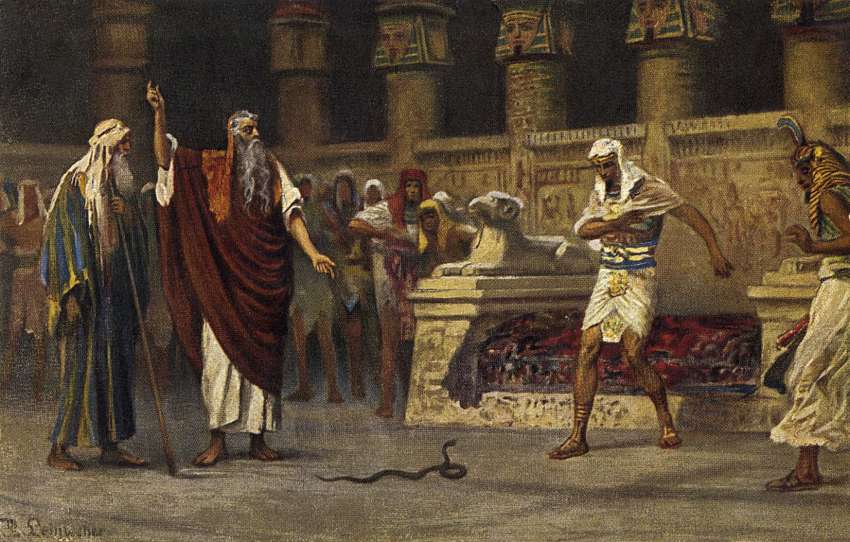People tend to be ungrateful — they remember injustices and hurts forever but favours and kindnesses are sometimes swiftly forgotten. So it was with the Israelites. Their story is ours, for their journey through the wilderness mirrors the journey of the individual soul.
God had liberated them from slavery in Egypt. He brought low one of the ancient superpowers, humiliating not only Pharaoh, but the gods of Egypt. Their deliverance had been accompanied with great signs and wonders, even the parting of the sea and the destruction of Pharaoh’s army.
The Israelites were giddy with delight and enthusiasm, believing that peace and prosperity were just around the corner. Then reality set in. They were in a harsh and unforgiving wilderness, devoid of food, water and protection. Their enthusiasm, along with their faith, vanished. Instead, they were filled with fear, bitterness and hopelessness.
Longing for Egypt, the slavery was forgotten — all they remembered was security and enough to eat. They complained against God and directed a lot of their venom towards Moses and Aaron, accusing them of leading them to their deaths.
God did not let them down. He brought quail into the camp in the evening and manna early in the morning — meat and bread. Manna is thought by many to be formed from the secretions from various kinds of desert plants, such as the tamarisk. It was called manna because “man hu” in Hebrew translates as “what is it?”
Often a miracle is something natural that appears with perfect timing.
One would think that this would have quieted all the murmuring and complaining. People being all too human, it did not. There would be other instances in which they wanted to bolt for Egypt when faced with adversity.
When things go well, we feel content and faith comes rather easily. But when faced with testing in the form of adversity, many crumple or run. This can be a time of disillusionment, anger, self-pity and loss of faith and hope.
On the other hand, it can toughen and hone us spiritually, preparing us for far greater things. Faith is not real faith until it has been tested, for words are cheap indeed. Adversity is not a sign of abandonment by God; it is when God is closest.
One of the things that adversity challenges us to do is put aside our old way of life.
The author of Ephesians does not look upon Christian faith as a free pass for Heaven, but a completely new life. We cannot just live like everyone else around us, but in a manner that reflects a renewal of the mind and soul by the spirit. One renewed in this way regains the image and likeness of God, expressed in righteous and holiness.
This presumes, of course, living and abiding in the Spirit of Christ.
The crowd that had just witnessed the miraculous feeding wanted more. When the crowd reached Jesus on the other side of the sea of Galilee, they asked Him when and how He had come there. He saw right through them — they were impressed by their full stomachs and the excitement of the miracle.
Jesus exhorted them to look for a form of sustenance that was permanent and transcendent, rather than temporary and passing.
They asked Jesus something that many of us have wondered: What must we do to perform the works of God?
His answer was deceptively short and simple: Believe in Him whom God has sent.
John’s Jesus packs a lot into that command to believe in Him. It is a total life commitment with no shortcuts. The crowd predictably asked for a sign. After all, he was asking a lot.
They mentioned the manna in the desert as sort of their opening bid, but Jesus was a step ahead of them. He insisted that God gives true bread from Heaven for the life of the world. When they eagerly asked for that bread, Jesus threw down the winning card.
He revealed that He was the bread of life, and whoever comes to Him and believes in Him will never hunger or thirst again. They will be sustained and nourished by the source of all life, strength, hope and love, but only if they walk in gratitude and faith.


